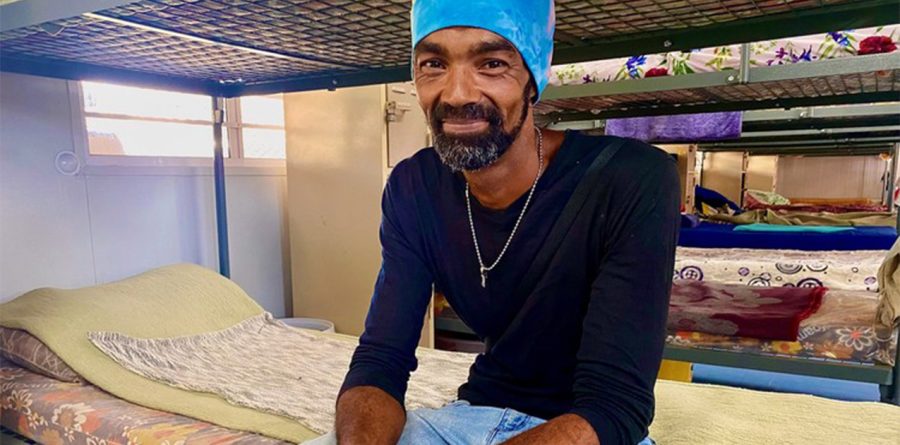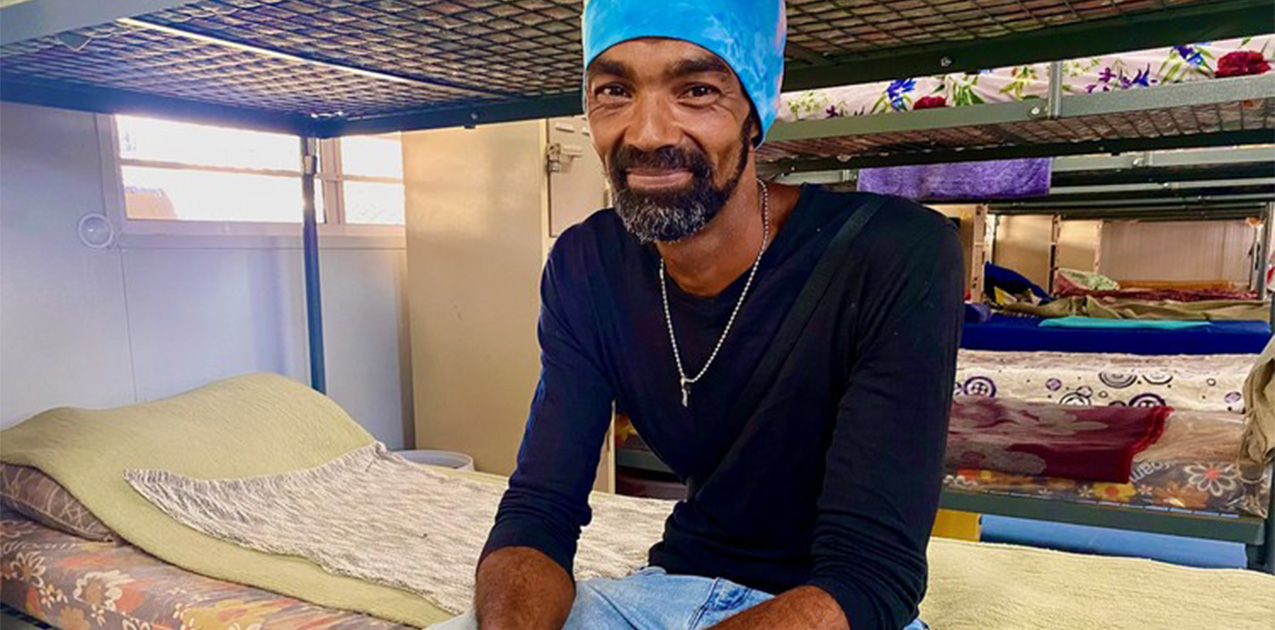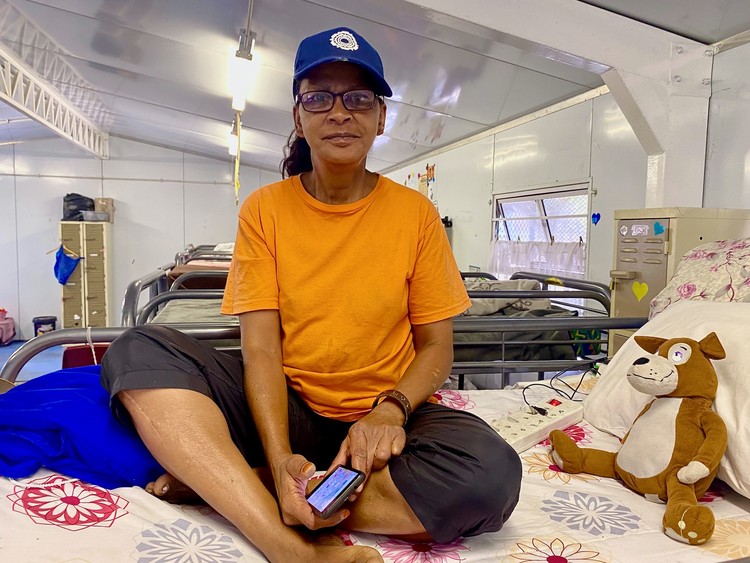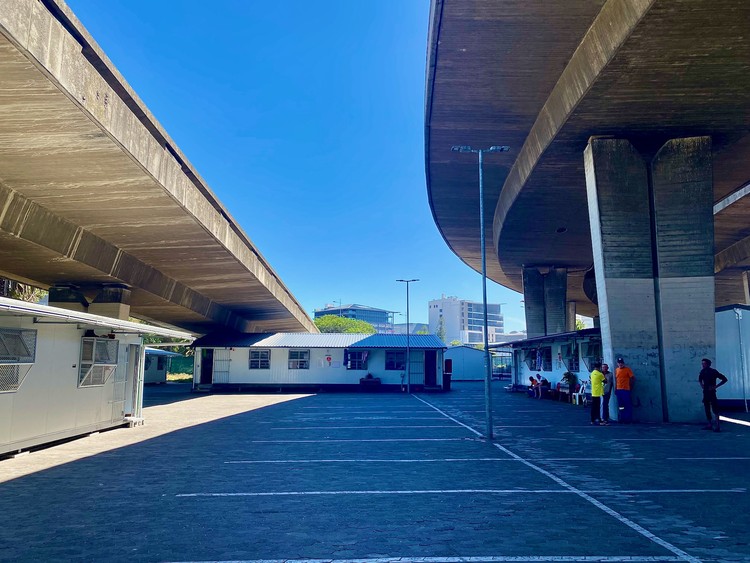
Cape Town focuses on removing homeless people from the streets
The City of Cape Town plans to spend R77-million this year and R230-million over the next three years (a 62% increase) on its Safe Spaces programme to help homeless residents, according to Mayor Geordin Hill-Lewis. The City of Cape Town says it is increasing its spending on its Safe Spaces programme to R230-million over the […]

The City of Cape Town plans to spend R77-million this year and R230-million over the next three years (a 62% increase) on its Safe Spaces programme to help homeless residents, according to Mayor Geordin Hill-Lewis.
- The City of Cape Town says it is increasing its spending on its Safe Spaces programme to R230-million over the next three years.
- The City is currently pursuing various evictions from public spaces.
- In a policy shift, officials say Safe Spaces will in future accommodate couples.
The announcement follows the City’s successful application to the Western Cape High Court to serve eviction notices at various occupations on public land. According to a City statement, the court may grant a final eviction in April.
Hill-Lewis, who visited the Culemborg Safe Space on Wednesday, said that over the past 14 months, social development workers have paid numerous visits to homeless residents and offered them assistance.
“When it has consistently been turned down we go back and offer again … but eventually, we have to go to court to protect those public spaces. We can’t allow that kind of urban decay to set in over time, for people to stay there permanently. It’s not good for them, not good for those communities, and not good for the city as a whole,” the mayor said.
The Homeless Action Coalition said in their experience people do not want to live on the streets, and if offers of assistance are being turned down, “we really need to look at why this is so and change our approach to effectively resolve this problem”.
In a statement the coalition said there was a need for “work readiness programmes linked to trauma, substance use disorder or psycho-socio programmes”.
City officials have also said that there would be family dormitories where couples could stay together. This is a shift in policy. Various people living on the streets have told GroundUp that the inability to accommodate families and couples is a major obstacle to going to shelters and safe spaces.
The City says that since July 2022, it has helped 1,453 people off the streets, made 409 EPWP work placements for those staying at Safe Spaces and shelters, and made 382 referrals for social grants, IDs, specialised care and mental health facilities, and substance abuse treatment.

Priscilla Ubah arrived at the Culemborg Safe Space in October last year. “I was on the streets for four months. It was terrible on the streets, you don’t know where you are going to sleep or what your next meal will be,” she said.
“You don’t know what’s going to happen during the night. It’s very dangerous on the street. I’d rather go for a safe space or a shelter … I’m working for EPWP and I managed to save up all my money,” said Ubah.
Andrew Pierce, who has been living in the Culemborg Safe Space for six months, said he ended up on the streets after losing both parents when he was 16. He said the safe space had helped him and he was excited to get his first Expanded Public Works Programme (EPWP) contract.
“Coming from the streets to where I am today – clean, my hair is washed – I feel excited. I feel that the next three months are going to propel me.”
He said it does take time to adjust to being in a safe space after living on the streets.
“The streets put me on drugs. It was my choice to take it in the first place, but the conditions, elements, and the type of people that you have to move with to stay safe puts you in the frontline to do drugs.
“Drugs take your mind off everything. There is no cold; there is no hunger; there’s basically nothing.
“But to come off it, that’s where you find problems. I really wanted to get off because I wanted to live,” said Pierce.
“My goal is to get married. I want children. But to attain that, I first need to heal, fix, and save”

Published originally on GroundUp | By Matthew Hirsch
